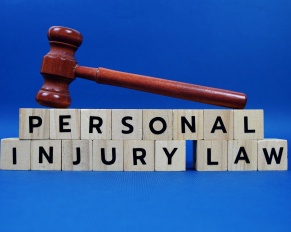If you want to sue after a car accident, you need a personal injury attorney, often called a car accident…

Common Legal Questions and answers, tips and articles about different laws and legal matters. Ask a lawyer about attorney fees

If you want to sue after a car accident, you need a personal injury attorney, often called a car accident…

How a Judgment Enforcement Lawyer NY Can Help You Take Back Control Losing a court case is stressful; especially when…

Overdue invoices are a pain every kind of business experiences at some point. Late payments drain cash flow and increase…

Being injured in an accident can feel like you’re treading water, with the sea of injuries and medical costs threatening…

A general practice attorney is a licensed lawyer who tackles a variety of legal issues rather than specializing in just…

Facing a legal issue without the money to hire a lawyer is stressful. Whether you’re dealing with criminal charges, a…

Before you hire a lawyer, especially one in New Jersey, you need to know how they’ll charge you. Whether you’re…